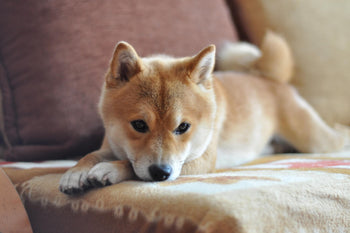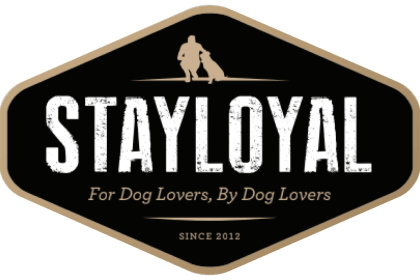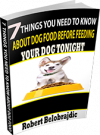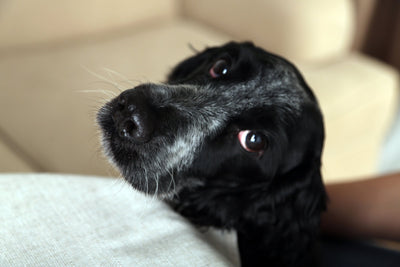If your dog is desexed, It may need 20-40% less food than you are currently giving it. Here’s Why!

Spaying or neutering your dog is a good idea if you have no intention of breeding – it can make your life easier because you don’t have to worry about your female going into heat and your male dog marking in your house. It makes both sexes much less likely to run away from home as well.
But desexing a dog does change them – you are affecting their hormone levels after all. And many studies have shown that spayed and neutered dogs have a higher rate of obesity than dogs left intact.
Why is that?
Because hormones are what run the bodies of all animals and when you desex them, you change those hormones.
Some of the “effects” of desexing a dog (male or female) include less energy and a bigger appetite. Couple that with changes to your dog’s metabolism, which affects fat storage, and you have a recipe for an obese, fixed dog if you don’t change their diet and exercise.
When a dog is spayed or neutered, it leads to a reduction of the sex hormones: testosterone in males and estrogen in females. These hormones affect a lot more than just sex drive. And while the reproductive organs are not the only place hormones are created, the adrenal glands now have to work a bit harder to create those hormones to keep the body functioning properly.
One of the big side effects to those missing hormones, is the slowing down of your dog’s metabolism. This means that in order to keep that optimum body condition score (showing 2 or 3 ribs), they will need less food and/or more exercise. Your dog may need as much as a 20-40% reduction in their food (depending on how much you can increase his exercise level) to keep him from getting fat.
Of course, this will depend on a great many factors, including overall health, age, energy level, etc., but the important thing is that you realize you will need to reduce your dog’s food once they are recovered from surgery (you may not want to reduce food while they are recovering as you want them to have plenty of energy to heal). Your dog won’t immediately start gaining weight, since they will have hormones still circulating in their body post-surgery – around 3 weeks for females and 4-6 weeks for males. (By the way, a neutered male dog can still potentially breed during that time, so you still want to keep him away from intact females for about a month and half after surgery).
Once your dog is healed from his surgery, it’s time to up that exercise and lower that food intake. Some dogs may be less energetic after being desexed, depending on how it affects them. Each dog is different. In those cases, you may find it’s easier to reduce their food intake a bit more, if you just can’t get them to exercise. Other dogs will have no change in their energy level and will be happy for the extra game of fetch or a longer walk or run.
Once your dog is healed from his surgery, it’s time to up that exercise and lower that food intake. Some dogs may be less energetic after being desexed, depending on how it affects them. Each dog is different. In those cases, you may find it’s easier to reduce their food intake a bit more, if you just can’t get them to exercise. Other dogs will have no change in their energy level and will be happy for the extra game of fetch or a longer walk or run.
The main thing is to keep an eye on your dog’s weight, so that he is not getting too fat or too thin, as his body adjusts. You may have to play with the amounts for a bit as his hormone’s even out, and that’s okay. Just remember to keep those 2 or 3 ribs in sight to keep your dog healthy and avoid all those problems that come with obesity.








